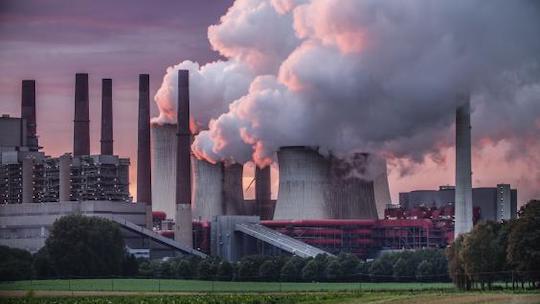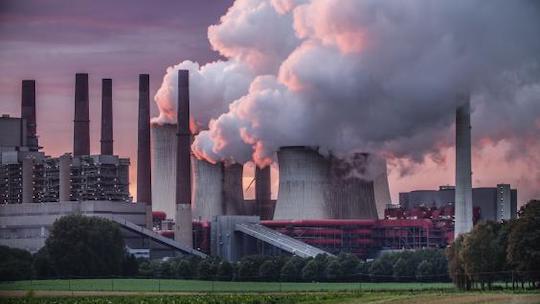HOUSTON – (Sept. 8, 2022) – As the European Union develops a carbon border tax and the United States considers its own as part of their respective climate policies, a new report from Rice University’s Baker Institute for Public Policy presents the first effort to track cross-border carbon trade comprehensively — including fossil fuels.
Carbon border adjustments (CBAs) are trade policies designed to level the playing field for domestic producers, explain Mark Finley and Joon Ha Kim in the report, “Carbon Border Adjustments: The Need to Analyze ALL Trade,” which examines the carbon imports and exports of the U.S., the EU and China.
CBAs are intended to prevent the creation of “pollution havens” or “carbon leakage,” which is when carbon production is shifted to countries with lax climate protections. By imposing taxes on imported goods and rebates on exports, CBAs remove the incentive for manufacturers to relocate to pollution havens, the authors argue. Including exceptions for goods produced in countries with robust climate protections would providing incentive for trading partners to adopt similar policies.

Most discussion and analysis of the impact of CBAs has focused on carbon-intensive manufacturing industries. In their paper, Finley and Kim add an examination of the carbon content of trade in fossil fuels, which the authors call “explicit carbon trade” in contrast to the “implicit” or “embodied” carbon trade of manufactured goods.
“This is important because a comprehensive climate policy should include all of a country’s emissions, whether produced domestically or imported — which is where the border adjustment comes in,” Finley said. “In addition to making a set of climate policies all-inclusive, border adjustments also aim to protect domestic industry and encourage trading partners to adopt similar climate policies.”
Fossil fuel trade is a significant piece of the picture, the authors argue. The U.S. has gone from being the world’s biggest importer of explicit carbon, in the form of fossil fuels, to being a net exporter thanks to shale oil and gas. China and the EU are large importers. China is a net exporter of “embodied” carbon in manufactured goods, while the U.S. and the EU are net importers.
By analyzing all carbon trade, the report shows that all three regions are in fact net carbon importers, which the authors argue could impact international climate negotiations.
“The trade patterns of explicit carbon are significantly different from that of embodied carbon,” the authors wrote. “For Europe and China, we can see that explicit carbon imports have generally been increasing. On the other hand, the opposite is happening in the U.S., in large part due to its transition from a net importer of fossil fuels to a net exporter in late 2019.”
Moreover, the U.S. Energy Information Administration projects the country will remain a net exporter of natural gas, coal and oil through 2050. This means a comprehensive CBA could in theory require large rebates to domestic energy exporters if similar policies are not in place with the country’s trading partners, Finley and Kim argue.
“The bottom line is that analysis of net trade in embodied and explicit carbon is essential to understand the full economic implications of potential CBAs,” they wrote. “Focusing only on embodied carbon trade could lead policymakers to misjudge the economic impact of a comprehensive border adjustment. Rather, to understand the complete economic implications of a CBA, ‘total’ (explicit plus embodied) carbon imports should be the basis for discussion.”

